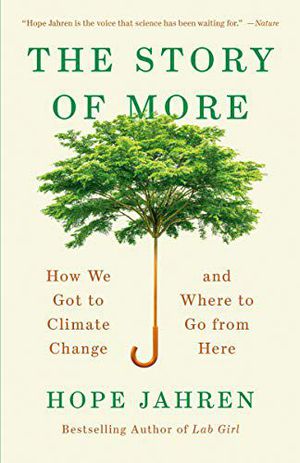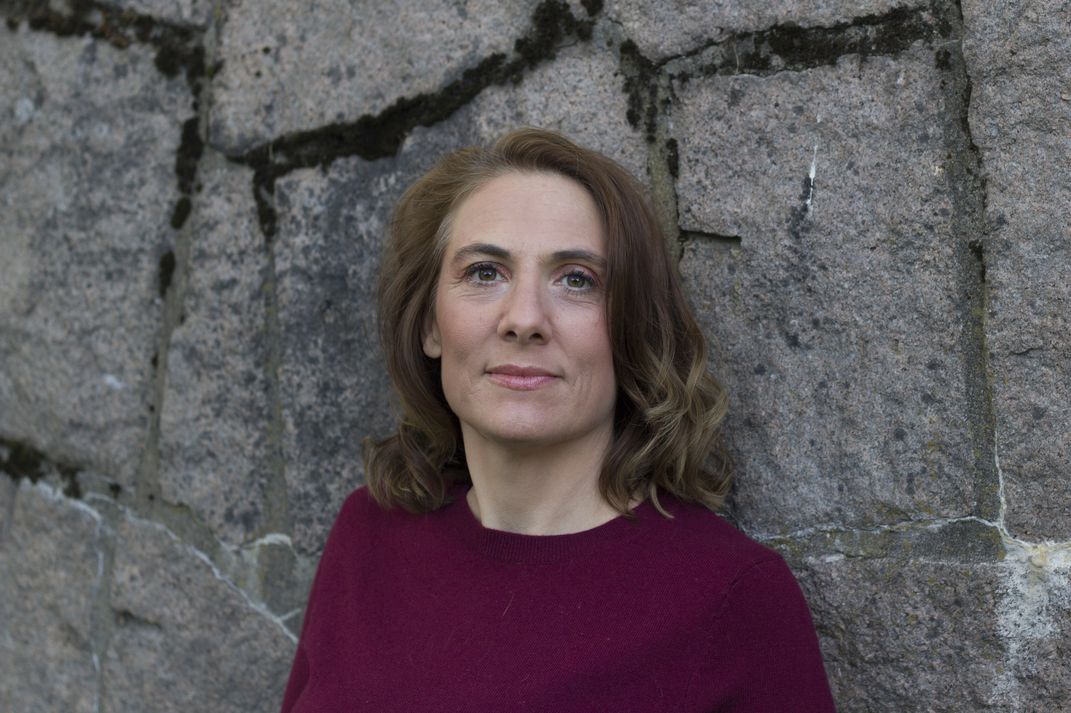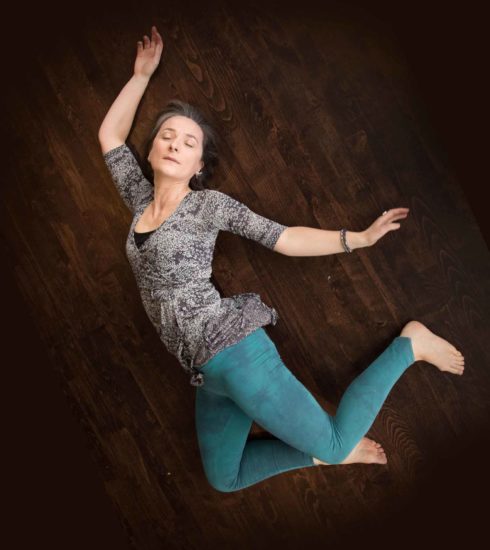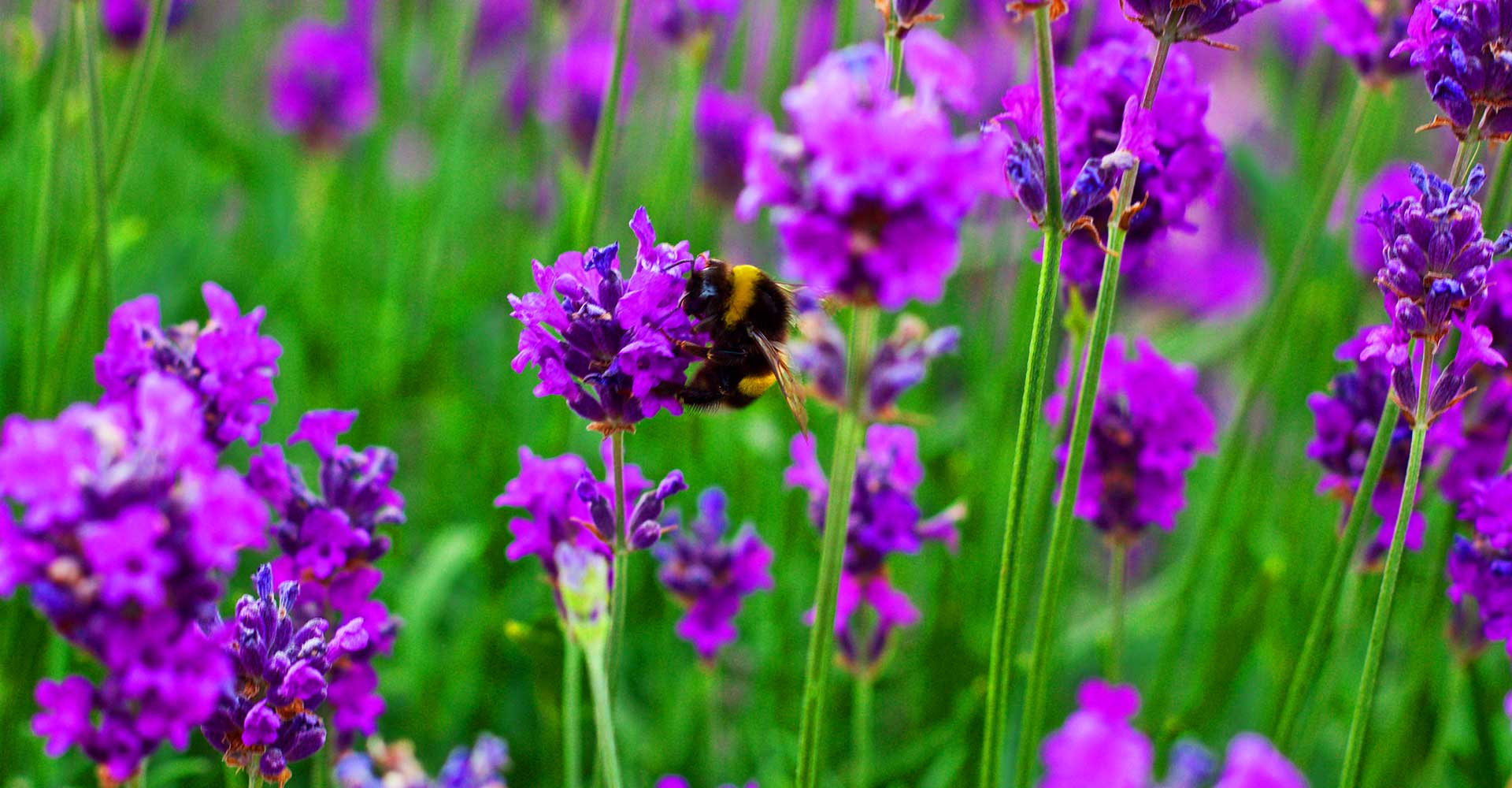Combating climate change by consuming less
The Story of More: The new book from scientist Hope Jahren, which talks about the warming planet and what can be done to slow its effects…
When Hope Jahren turned 50, she decided she needed real, data-driven answers about what had happened to the planet during her lifetime.
She scoured national and international public data sets and reports from sources like the United Nations, the World Health Organization and the International Energy Agency.
Jahren, known for her 2016 memoir, Lab Girl, then spent the next year analyzing mountains of information to find the numbers that demonstrated just how much the earth has changed since 1969. The result ended up in her latest book, The Story of More, out earlier this year.

A professor at the Centre for Earth Evolution and Dynamics at the University of Oslo, Jahren chronicles the inventions that helped but also hurt us, as people and societies deal with the consequences of things like large-scale farming, electricity and an increasing global population.
As humanity races to contain and respond to the widespread effects of climate change, we asked the geobiologist about the best ways to stop it, as well as whether gender diversity in STEM, a cause she advocates, has improved in recent years.
We’ve been talking about climate change and the repercussions of it for the past decade. Why is this book so important now?
The fact that you said ‘decade’ is really important, because it’s almost as if climate change is an invention of the last decade—or, at least, the practice of talking about it is. This is not something the news invented.
This is something we did—all of us. It’s also a predictable result of the last 50 years of our history. We built a world, and, in a lot of ways, we didn’t know what we were building. And the side effect of building all these beautiful things is a set of problems.
I wanted to write something that didn’t feed into this polarization which has really overtaken climate change rhetoric. Do you believe in it? Are you a denier? Are you a believer? Because [within such a rhetoric], believing is more important than actions, and that’s truly something we’re going to have to confront to get anywhere.

If you live in a trailer in a small community, and your air conditioning doesn’t work, and you never get a day off because you use them up on your sick days to take care of your ailing mom, so you don’t go anywhere on vacation, then you probably have a really small carbon footprint—and you probably resent very strongly people preaching.
So, I think people that really want action on climate change are never going to get anywhere until we confront the rampant hypocrisy within that movement.
First of all, you shouldn’t trust anyone who gives you a solid answer to those questions. The really important thing is that 10 percent of the world is causing 90 percent of the change. It’s not about what somebody else is going to do; it’s about what you’re going to do. If you’re part of the 10 percent, it’s up to you.





